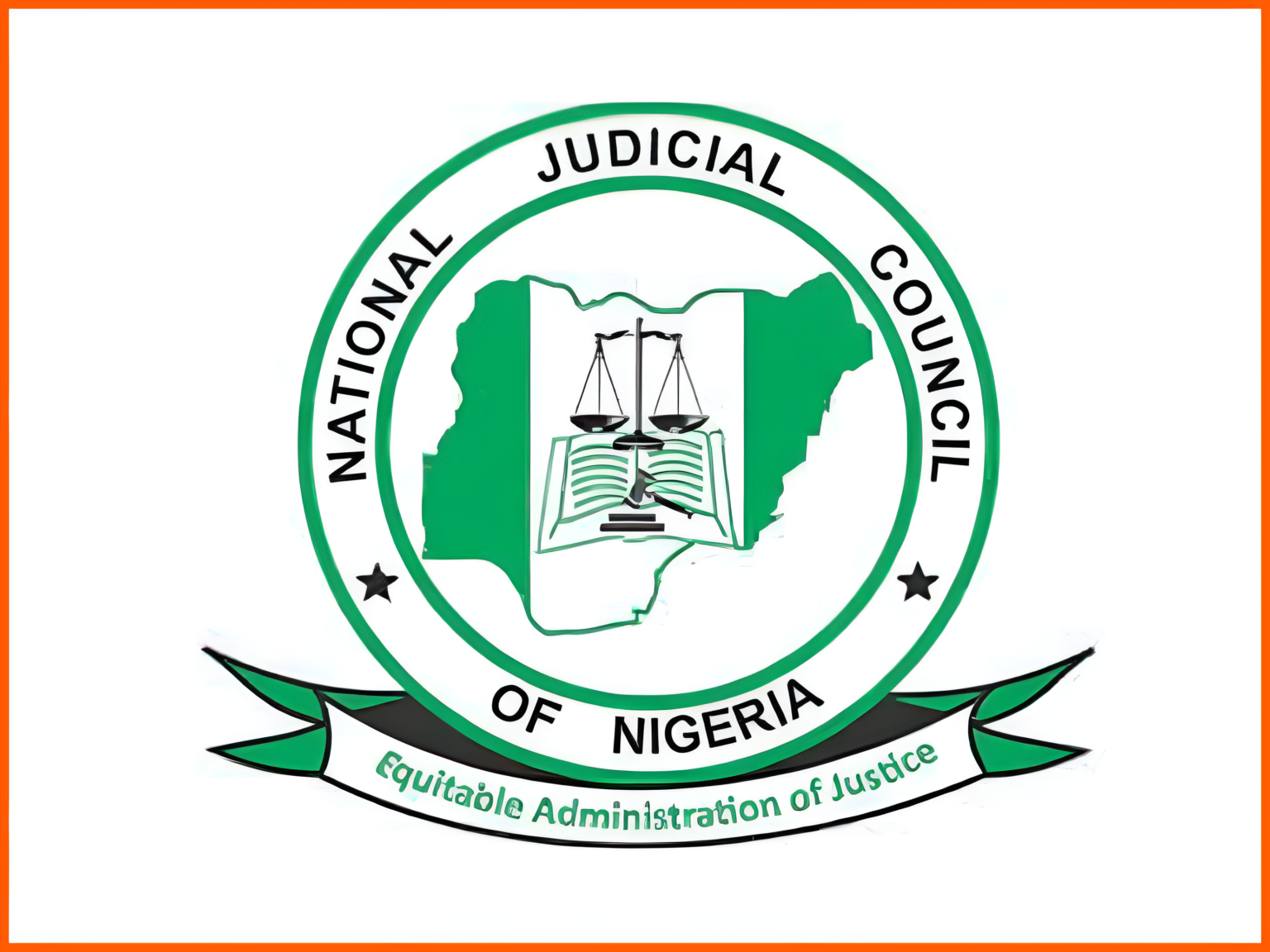The National Judicial Council (NJC) has expressed strong reservations regarding a recent proposal by the House of Representatives to empower the Nigerian Bar Association (NBA) with the authority to sanction and remove corrupt judges.
The bill, which seeks to amend the 1999 Constitution, was passed by the House of Representatives on March 25, 2025.
The bill proposes that the NBA should receive petitions against judges accused of corruption, review the defence presented by the judges in question, and take subsequent action based on the findings.
The proposal aims to provide an additional layer of accountability within the judiciary, enabling the NBA to act as an external body in overseeing the conduct of judges.
However, in a response to the bill, Kemi Ogedengbe, the Deputy Director of Information at the NJC, raised concerns about the legality and feasibility of such a move, citing constitutional constraints and the procedural requirements for disciplining judges.
Ogedengbe, in an interview with Sunday PUNCH, explained that under the current framework of the Nigerian Constitution, the responsibility for disciplining judicial officers lies exclusively with the NJC.
She noted that any action taken against a corrupt judge must follow specific legal processes, including the presentation of evidence, which cannot be bypassed.
“The constitutional requirements place the discipline of judges in the hands of the NJC, and it doesn’t just come with the NJC—it has procedures that must be followed. If a judge is deemed to be corrupt, you can’t just put up a statement that a judge is corrupt. It must be backed up with evidence,” Ogedengbe said.
She elaborated on the constitutional safeguards that govern the disciplinary process for judges, stressing that accusations of corruption cannot be made arbitrarily. Rather, there must be credible evidence, such as the judge being caught in the act or having substantial proof against them. Only then can the Constitution’s due process be followed to address the issue.
“The process is clear: either the judge is caught in the act or there is evidence. Once that happens, the Constitution dictates that the matter should be handled according to established legal procedures,” she continued.
Ogedengbe also questioned the practicality of the NBA taking on such a responsibility, highlighting the potential for abuse in delegating this role to an external body. She raised concerns about the broader issue of judicial corruption and the accessories involved in such crimes.
“The question is, who are those corrupting the judges? A crime does not occur in isolation; there are always accessories. Who are these accessories? Are they members of the public, lawyers, or medical doctors? Or are they lawyers themselves?” Ogedengbe asked.
The NJC spokesperson suggested that it is essential to address the full spectrum of corruption, including those who enable corrupt practices, before any changes can be made to the current system. She also noted that the House bill would need to undergo further scrutiny before any decisions could be made regarding its effectiveness in curbing corruption.
“The House of Representatives’ bill will not just end there; it will pass through the Senate and the 36 state Houses of Assembly. They are going to ratify it; there will be public hearings on it. So, this is just the tip of the iceberg,” Ogedengbe said.
She pointed out that the bill’s potential to tackle judicial corruption remains uncertain and that the process would need thorough public consultation before it could be implemented. Public hearings would allow various stakeholders to express their views on the proposed amendment and its implications.
“Whether it will be able to curb corruption is what I don’t know because one person cannot perpetuate corrupt practices. There must be accessories. So, who are those accessories? Or will a judge just sit down, and they will charge him for corruption?” Ogedengbe questioned further.
The NJC representative emphasised that any attempt to amend the Constitution would require careful consideration and input from all stakeholders, including the legal community, lawmakers, and the public.
“This is just the beginning of the conversation. Whether this bill can effectively curb corruption remains to be seen. For now, we must adhere to the Constitution, which already provides a framework for disciplining judicial officers through due process,” Ogedengbe concluded.
RELATED NEWS: NJC urges judicial officers to improve performance, warns of potential removal



